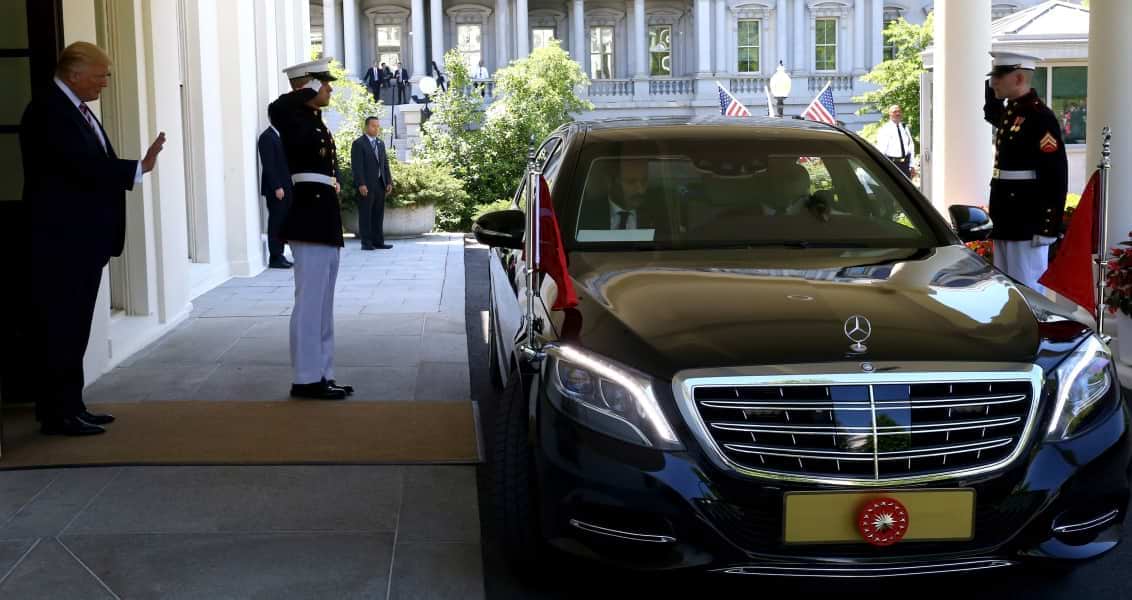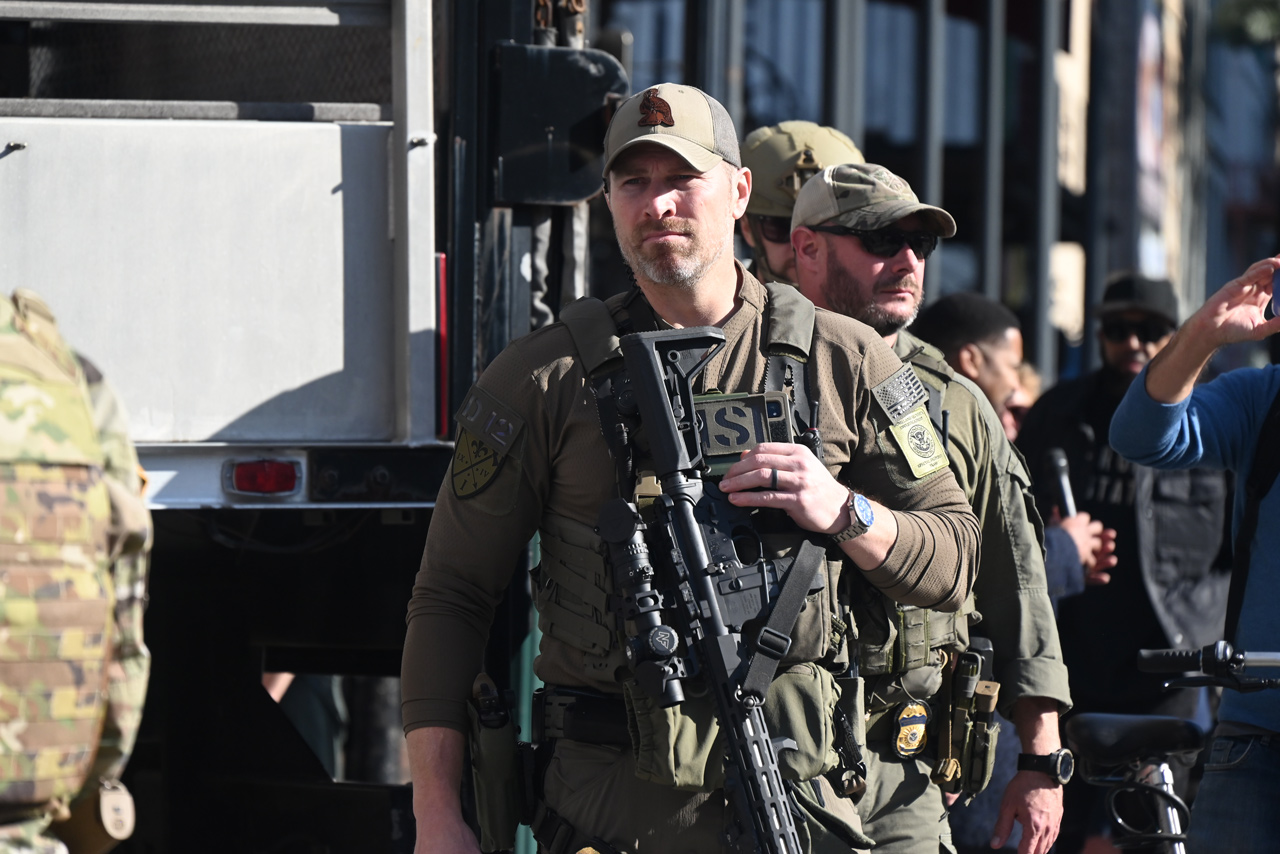
Fighting Terrorism and a Clashing Alliance: The Case of Turkey-U.S. Security Relations
How U.S. support to the PYD/PKK in Syria will affect the Turkey-U.S. relationship? What will be the implications of the U.S. strategy to defeat DAESH for the region? How is the PKK taking advantage of the U.S. military assistance to the YPG?
The multiplicity of players in irregular warfare demonstrates the ambiguous nature of struggle and makes the security problems more complicated as is the case in the low intensity conflict environment of Syria and the broader region. The policies of the states introduced the question of how reliable the alliances were in the fight against terrorism without the principles of partnership. This phenomenon raised the necessity of rethinking the concept of objective-centric security alliances in unconventional warfare. The problem of reliability surfaced in the strategic partnership between Turkey and the U.S. regarding the issue of the discrepancy while Turkey is fighting against terrorism and fighting for democracy. In the case of Turkey and the U.S., The problem goes far beyond the conflict spectrum in Syria.
Turkish Security Forces have been subject to a number of non-state threats in the various and unique security environments shaped by the terrorist organizations ranging from the PKK to DAESH since 2015. Each and every organization required different antiand countermeasures to be defeated. In addition to the plurality of traditional outlawed organizations, Turkish Security Forces also experienced a survival test during the thwarted coup d’état initiated by FETÖ. The thwarted coup became a turning point for Turkish Security Forces in comprehending the real threats on the ground and the real enemies behind the scenes. Following the failure of the July 15 coup attempt, Turkish intelligence, military and law enforcement institutions have engaged with terror groups, on the one hand, adhering to the concept of a unity of efforts, while, on the other, eliminating FETÖ members in the security structure. In the course of the counterterror operations, the Turkish Armed Forces (TSK) and their combat readiness became the focus of Western analysts and security circles after FETÖ members were dismissed from the military service. Apart from the Operation Euphrates Shield against DAESH, the fight against the PKK is the best index for measuring the combat readiness of the TSK against violent nonstate organizations. The U.S. seemed not to cooperate with Turkey in fighting against the PKK; instead the U.S. exploited the nature of the conflict in Syria and indirectly supported the PKK.
Tags »
Related Articles







